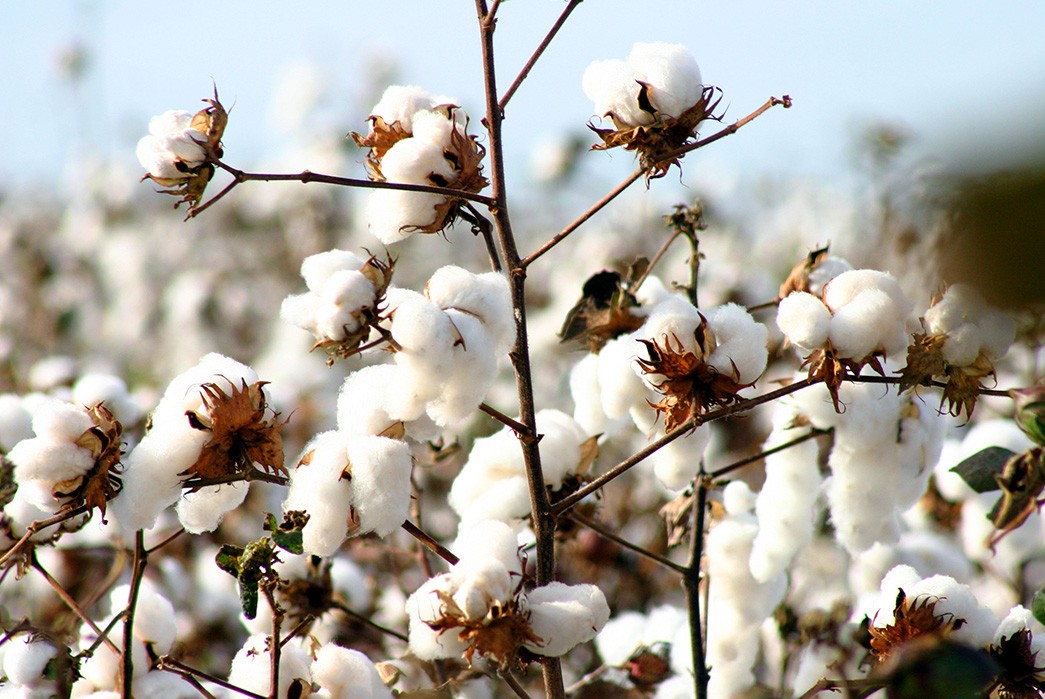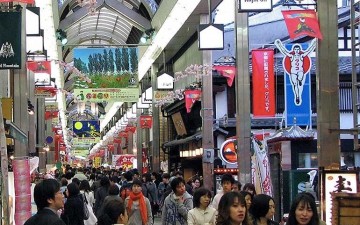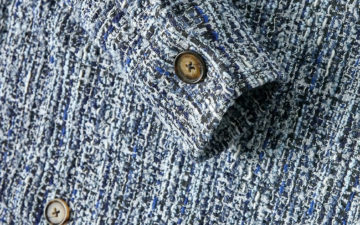From the fresh produce in your supermarket to the jeans on your legs, organic products have managed to reach almost every market possible. The term ‘organic’ itself has a certain ring to it that conjures thoughts of high quality and ecologically conscious production. When it comes to cotton, organic variants are on the rise, with many brands incorporating organic cotton into their manufacturing in response to the world’s ever-growing environmental concerns.
But aside from its ecological benefits, why is there such a buzz around organic cotton? And is it as sustainable as we thought? We’re taking this opportunity to explore the context of organic cotton and answer those questions.
What Defines Organic Cotton?
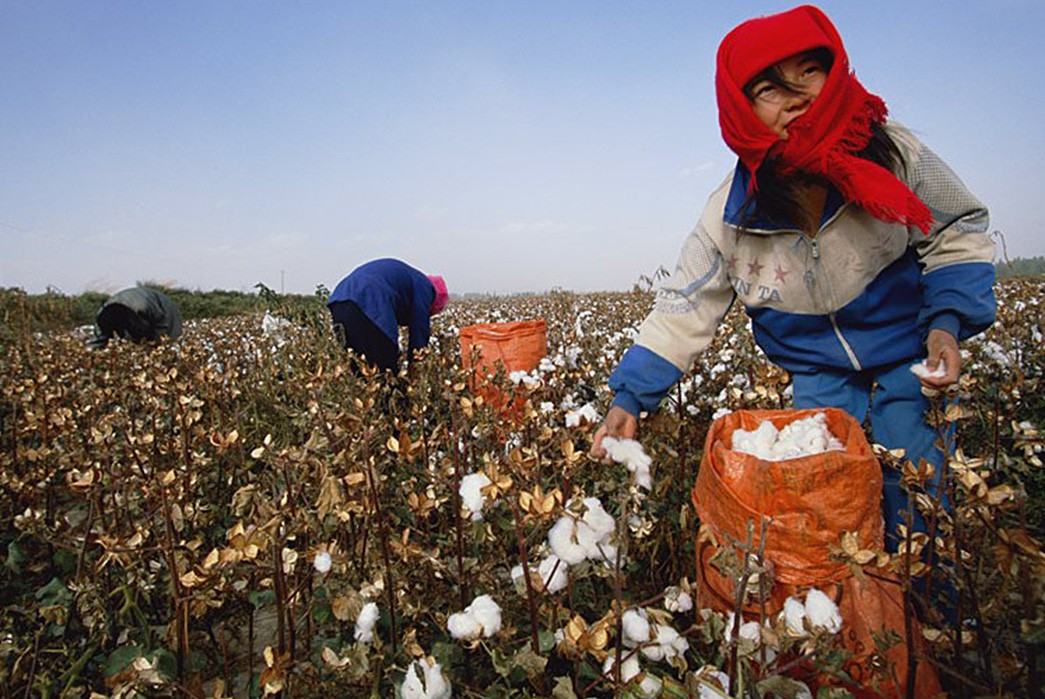
Cotton farming in India. Image via Food Freedom.
Similar to fruit and vegetables, organic cotton is defined as cotton with two characteristics:
- It has not been genetically modified (non-GMO)
- It was grown without the use of any chemicals, pesticides, fertilizers, or other artificial agricultural substances
Currently, the majority of organic cotton is grown in Turkey, China, India, and parts of Africa. It is also grown in the U.S.A. where farms must meet certain criteria set out by the United States Department of Agriculture to have their crops classed as organic. One of these criteria is that all plants in the cotton crop must be grown in soil that has been free of artificial substances for at least three years.
What are the Benefits and Drawbacks of Organic Cotton?
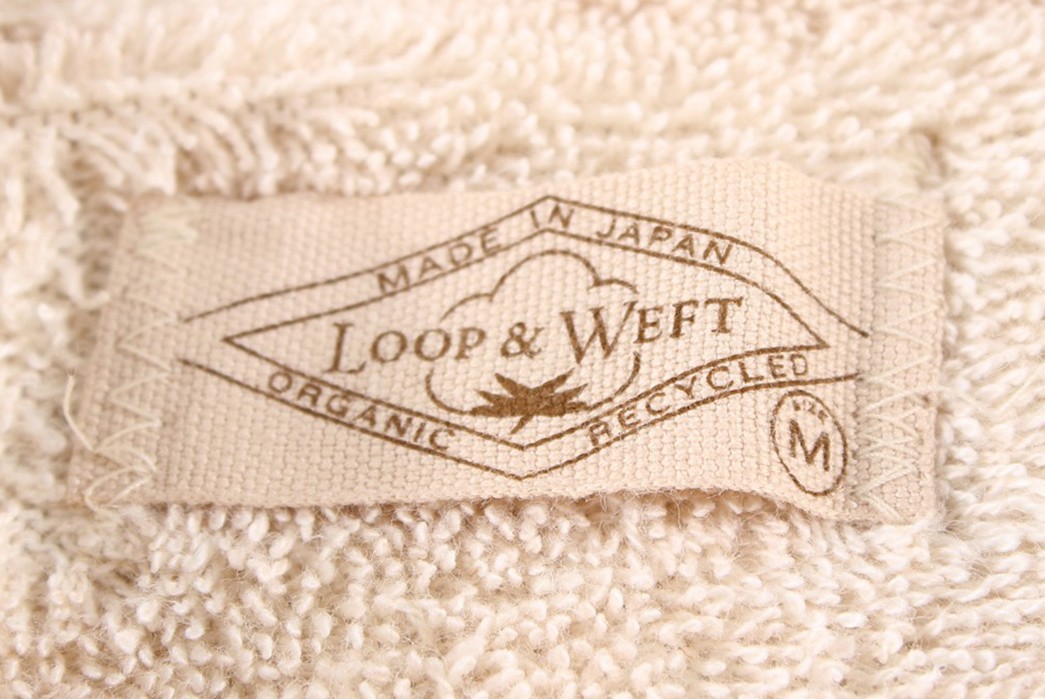
A close up of Loop & Weft’s organic cotton via New State Store
The majority of organic cotton is completely handpicked which preserves the length and strength of the fibers, which leads to a stronger, more durable textile once the cotton has been woven. In contrast, regular cotton is cultivated much quicker using agricultural machinery, which can damage fibers and lead to loss of cotton.
While regular cotton is sometimes treated with chemicals during textile production – the processing of organic cotton is mostly chemical-free. Natural or water-based substances are used to wash, whiten, and dye the finished textile, meaning most organic cotton is generally easier on the skin, preventing the allergic reactions which can arise from wearing regular cotton such as eczema. In addition, because organic cotton has not been chemically stripped of its natural wax content, organic cotton clothing has a noticeably softer texture and drapes well.
The drawbacks of organic cotton are pretty limited. It is usually more expensive than regular cotton, but it certainly won’t break the bank, and one could argue you are getting a better product for the extra few bucks. The main drawback for manufacturers is the fact that truly organic cotton must be dyed with natural dyes to maintain its organic status. This slightly limits manufacturers as some specific colors cannot be achieved with natural, chemical-free dyes. However, organic cotton has been noted for its high level of absorbency which generally makes dyeing quicker and easier.
How Ecological is Organic Cotton?
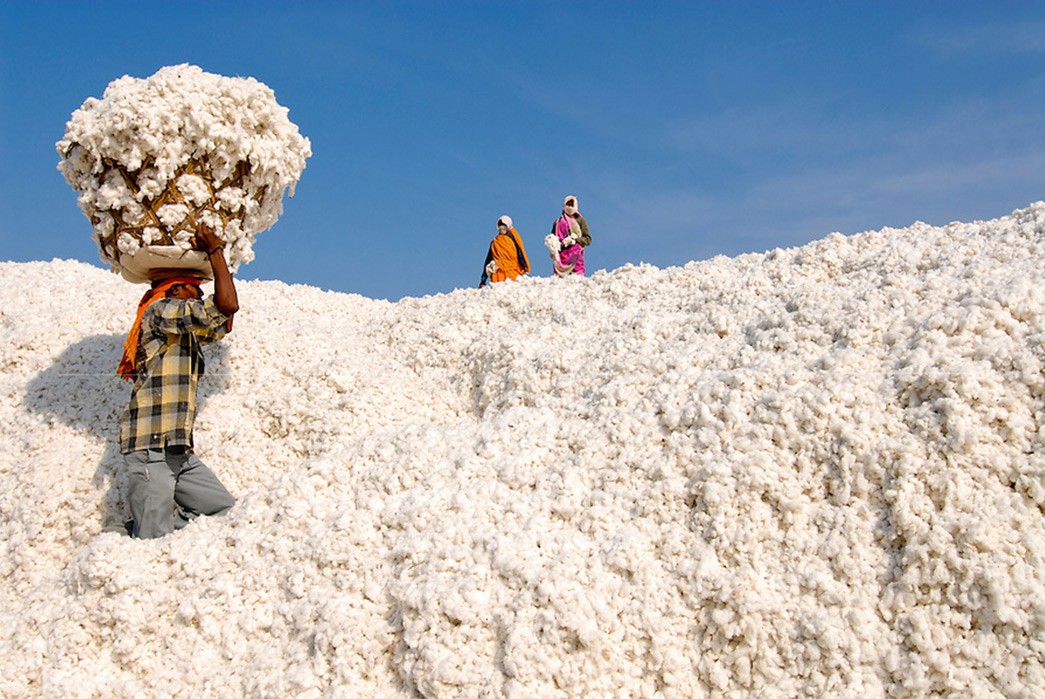
Image via Joerg Boethling.
It is widely accepted that organic cotton has a much smaller ecological footprint than regular cotton. The lack of pesticides and chemicals used from seed to sweater is undoubtedly a much more environmental approach to textile production, especially as cotton is grown on such a tremendous scale. In terms of sustainability, organic cotton scores highly as it does not require any non-renewable synthetic fertilizers and pesticides.
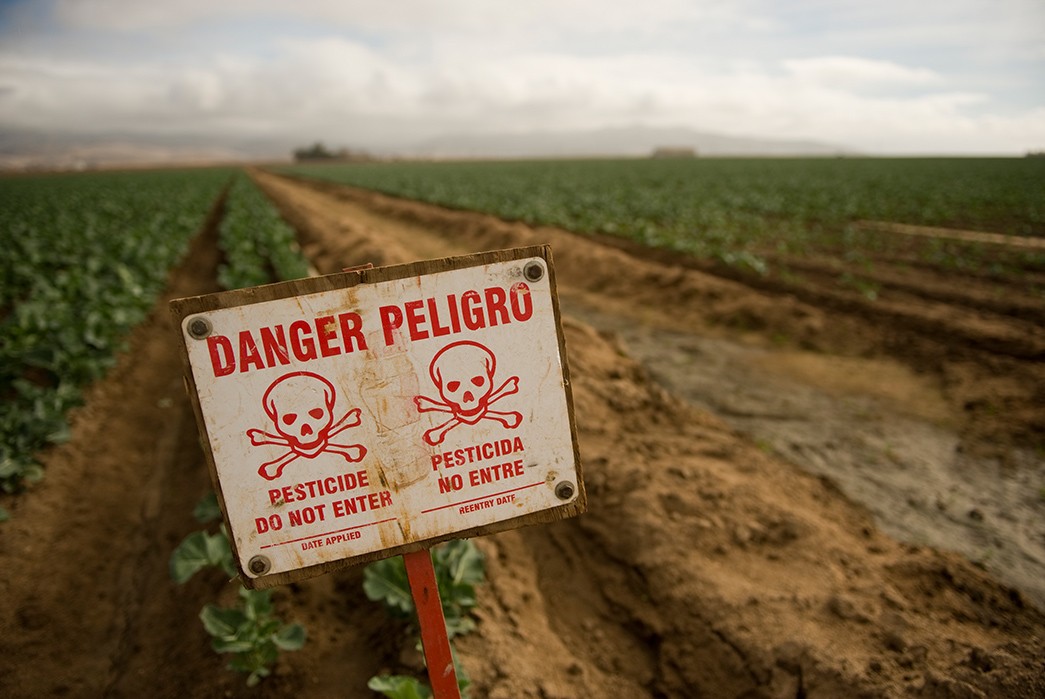
Image via Food and Environment Reporting Network.
However, organic cotton is not without its critics. Some parties are concerned about the extra measures land needed to yield organic cotton in the same quantities as regular cotton, as some plants are naturally lost due to pests. This extra land also needs to be irrigated, leading to more water usage which is a concern for the manufacturers of organic cotton in dryer countries like India and Africa.
Nevertheless, there is contradicting evidence to suggest that organic cotton crops maintain and absorbs water much more efficiently thanks to the lower levels of carbon and artificial substances in the soil.
Caring for Organic Cotton
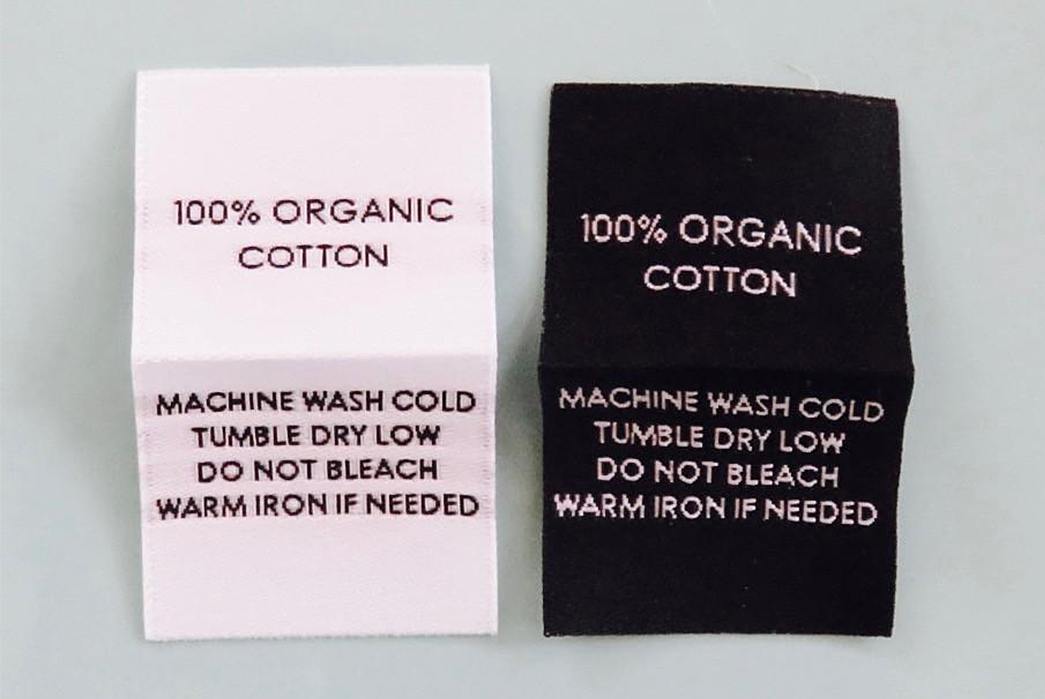
Image via Cruz Label Store.
As per any garment, the care-label is the first port of call for any organic cotton garment. Keep in mind that the product will not have received any artificial anti-shrinkage treatments, so heat should be kept to a minimum when washing and tumble-drying avoided completely. The same can be said for the natural dyes used to color organic cotton, which may fade more if exposed t powerful detergents or high levels of heat. And although organic cotton is durable, bleach or chlorine must be completely avoided as these chemicals will weaken the fibers.
Brands that Use Organic Cotton
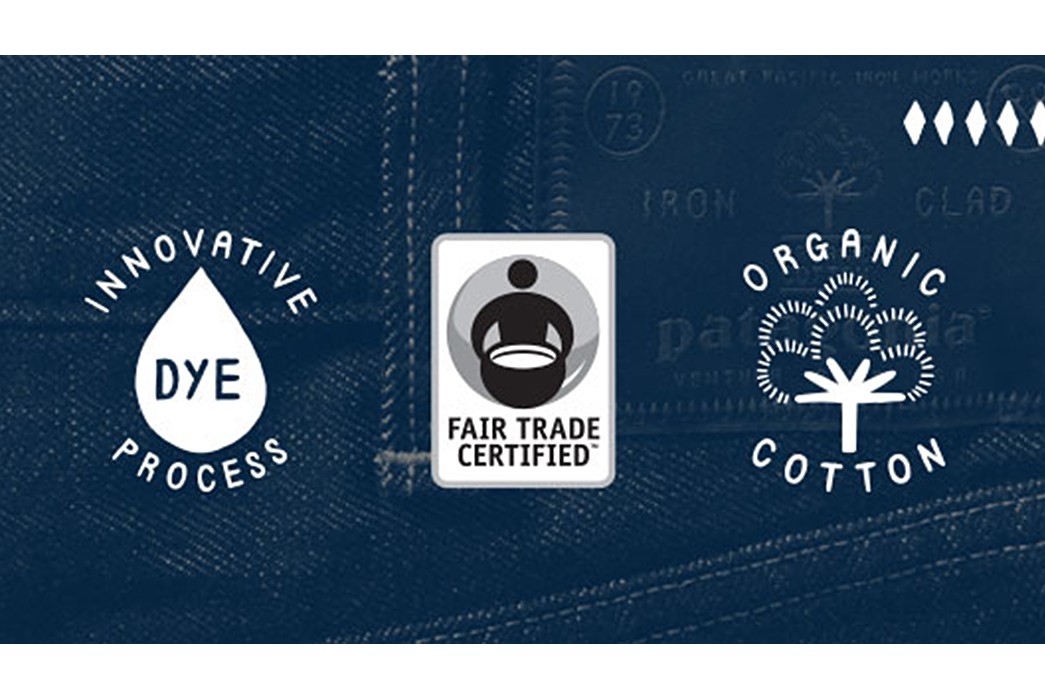
Patagonia advert for their econimical processes via Joe Public
Multi-national companies Nike and H&M are listed as two of the biggest purchasers of organic cotton, and as of 2015, Patagonia exclusively uses organic cotton in the production of their clothing. Some brands that we feature here at Heddels who notably use organic cotton include:
Examples of Organic Cotton Products
Loop & Weft LRH1018 Double Breasted Henley
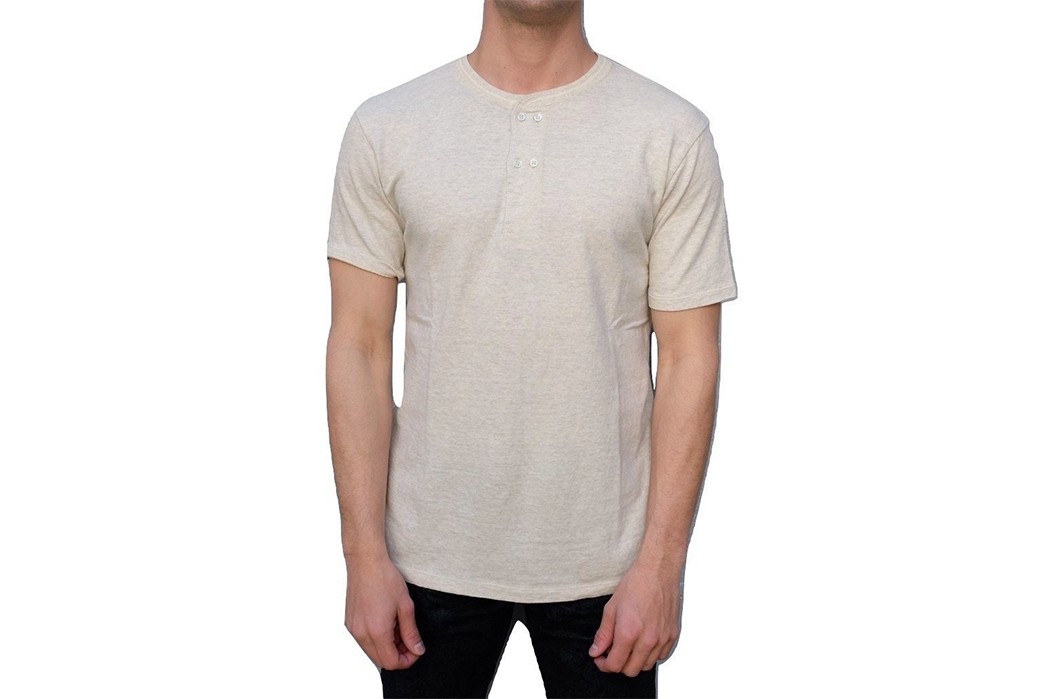
Japanese brand Loop & Weft uses only the finest organic cotton from across the globe. This Double Breasted Henley is constructed from Oatmeal colored 100% organic San Joaquin cotton, an incredibly soft fabric that has been pre-washed to eliminate shrinkage.
Available for $90 at Okayama Denim.
Kings of Indigo Eric Dry Selvage
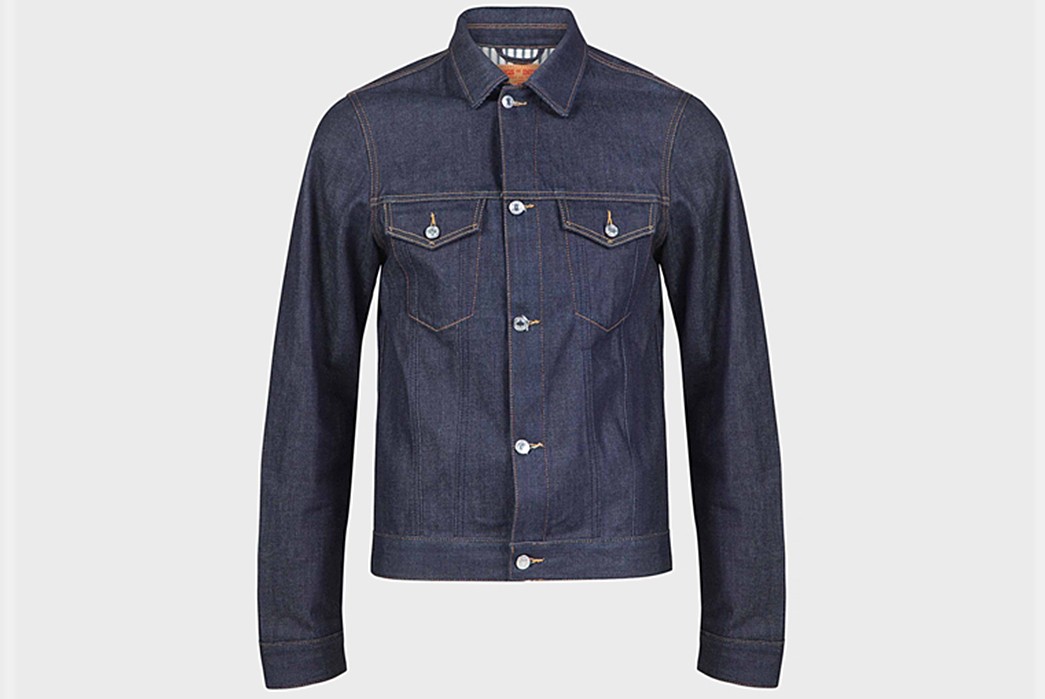
This staple piece from Kings of Indigo is constructed from 13 oz. raw selvedge denim, woven from 100% organic cotton. Drawing inspiration from the archetypal Type-III Levi’s denim trucker jacket, this effort features dual chest pockets with subtle pleats spanning down the torso, as well as a button placket and adjustable waistline.
Available for €169.95(199USD) at Kings of Indigo.

